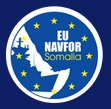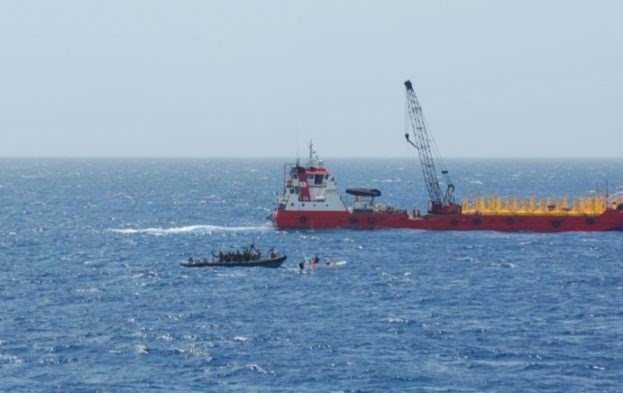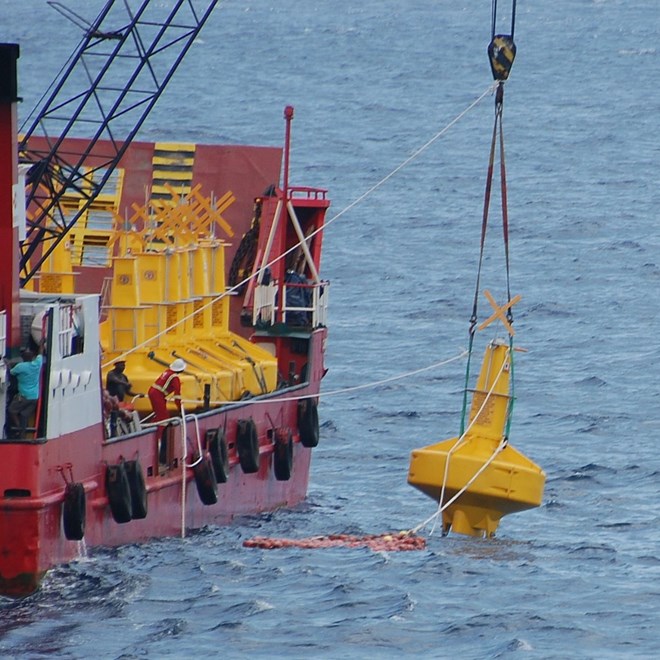
Wednesday June 17, 2020
One of the underlining causes of piracy in Somalia is its very fragile economy. Somalia has the longest coastline in Africa and one of the world most untapped marine resources. The 3300 kms of fertile fishing grounds could be the key to transform the economy of this otherwise arid country. But the infrastructure of the fishing industry is largely underdeveloped making it hard for local fishermen to catch larger fish near their shores. In an effort to turn this situation around, the UN Food and Agriculture Organization with the support of its donors and the protection of the EU, launched an initiative in 2015 to deploy 25 Fish Aggregating Devices (FAD) to attract high value fish to the Somali shores. Besides protection, EU NAVFOR Somalia provided security and logistical support using their equipment and know-how to rightly position these FADs.
These FADs attract pelagic fish, which are migrating through the area and bringing them closer to the Somali shores. They are an important tool for the development of sustainable artisanal and small-scale commercial fisheries providing food and livelihoods to otherwise vulnerable coastal communities in Somalia. These devices keep the fishermen off the reef thus contributing to the protection of the marine life in the area. The programme helps local communities to involve in sustainable and productive employment creating a viable alternative to piracy activities. Michele Cervone d’Urso, the European Union Head of Delegation and Ambassador to Somalia in 2015 described the FAD programme as a crucial addition to efforts to create employment in Somalia’s piracy-affected areas:
“This is an integrated approach to creating long-term, sustainable employment opportunities to youth and women as alternatives to piracy and migration, by developing the value chains of the fishery and livestock sector within the coastal communities of Puntland, Galmudug and Banadir where traditionally communities have combined seasonal fishing and pastoral activities.The intention behind this initiative is to support local fishermen so they don’t have to travel into deep-water to catch high value fish anymore avoiding that every year thousands of fishers are lost at sea because of adverse weather, vessel breakdown, and/or human error. Fishing around anchored FADs is safer than fishing in the open sea, as rescue teams will know where to start a search, if someone goes missing. A boat that loses power may tie off to a FAD and wait for rescue, but usually there is more than one boat fishing at a FAD so help will be right there.
FADs that break from their moorings are a form of marine debris and pose a threat to navigation safety and the marine environment. Regular monitoring and maintenance along with fisher training and public awareness campaigns lessen the impact that FADs have on the environment.
As position is key in ensuring the sustainability of FADS, EU NAVFOR Atalanta was commissioned to monitor the programme. ESPS Numancia is currently inspecting the location and condition of the FADs to ensure its sustainable use and to secure the waters off the coast of Somali.